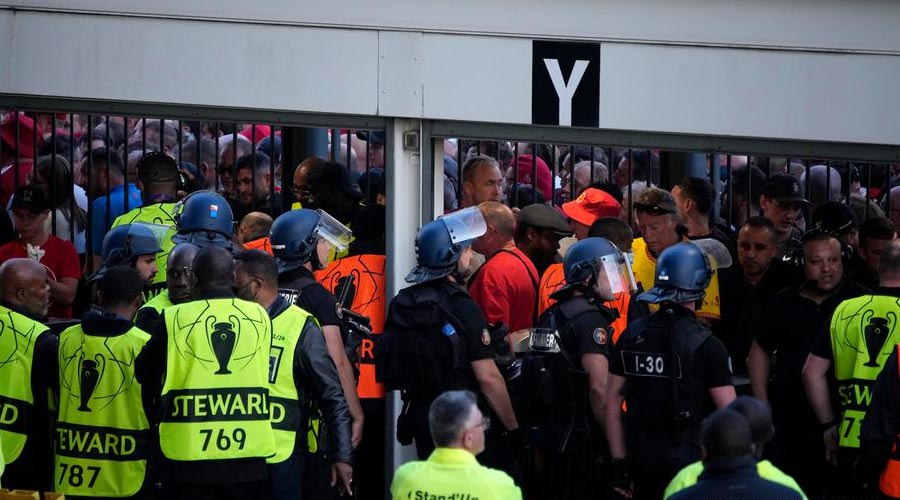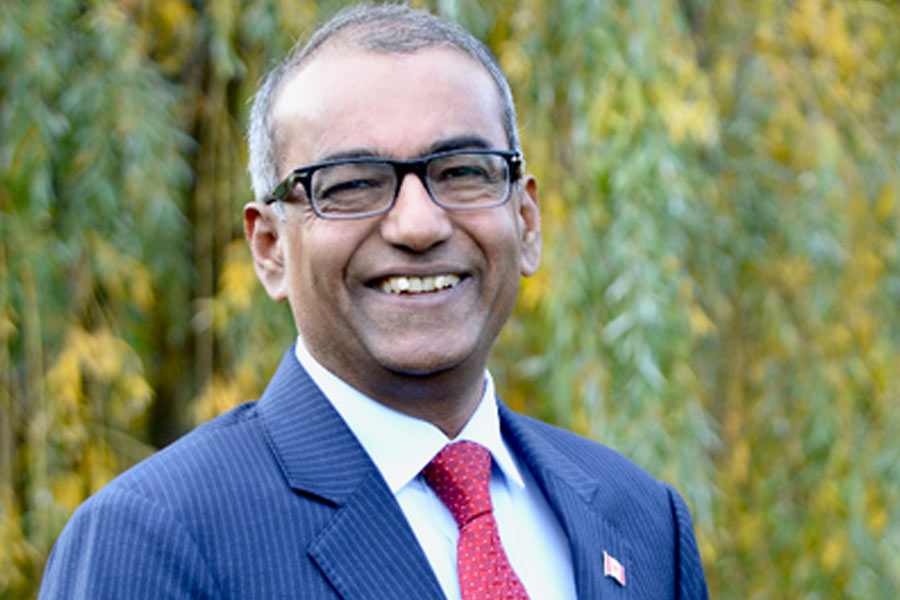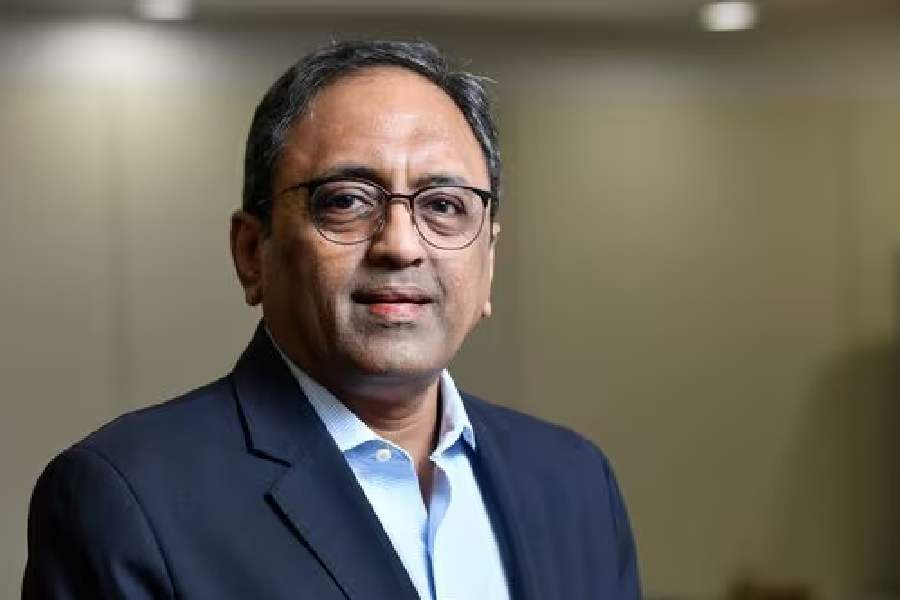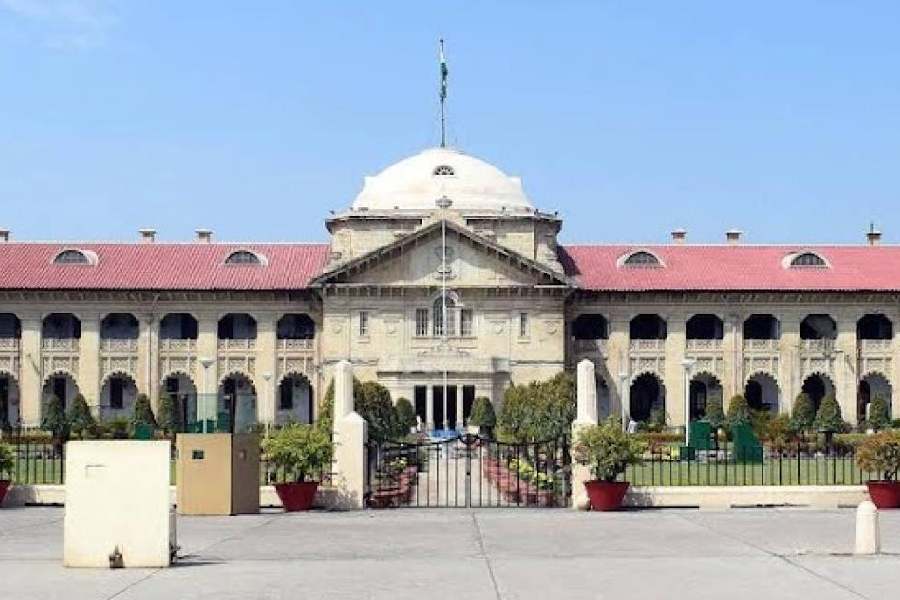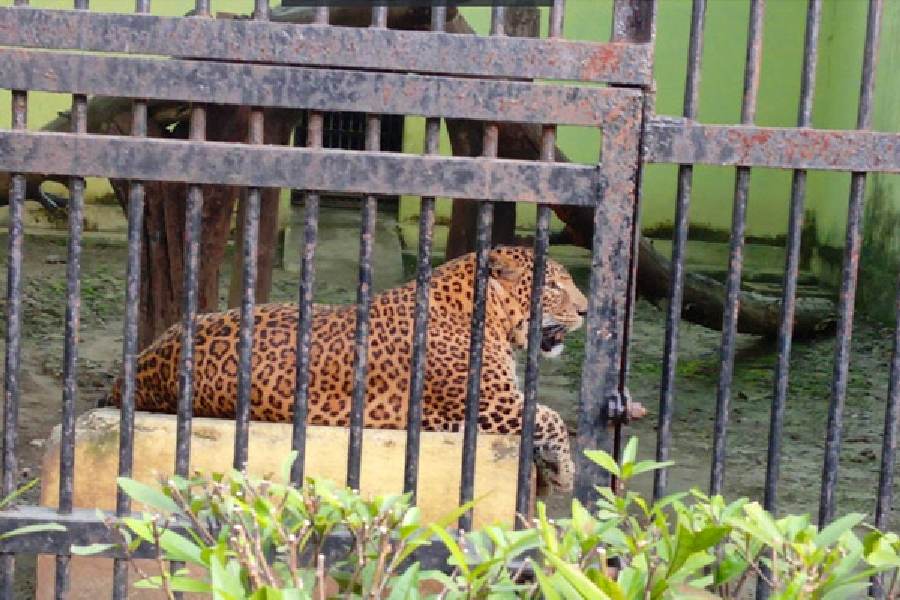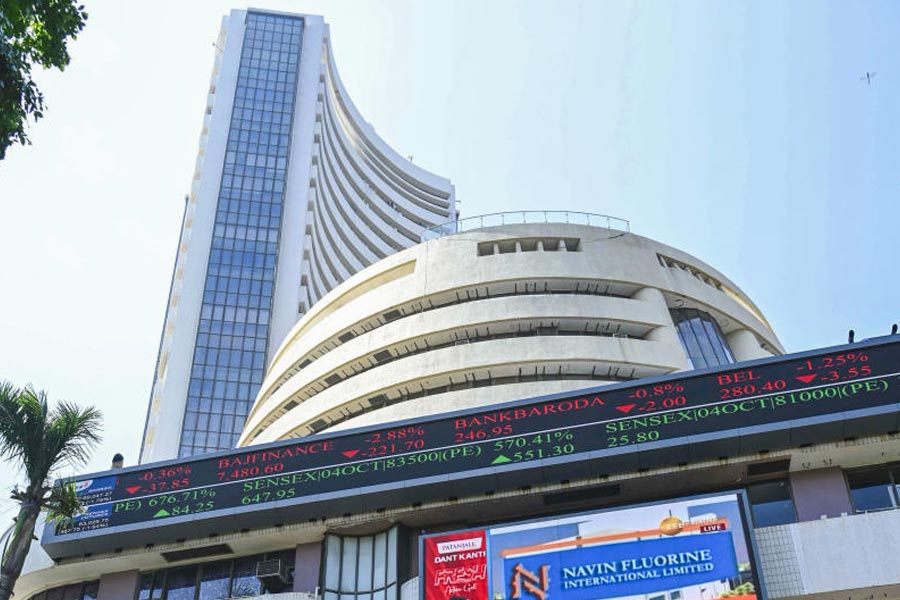Thousands of supporters being sent to the wrong place, the spread of questionable rumors about fake tickets, the decision to close initial ticket checkpoints and the slow reaction of inexperienced police lacking leadership were among the primary causes of the disturbing scenes that overshadowed Saturday's Champions League final.
That's the view of the overwhelming majority of Liverpool fans, but it's also how Pierre Barthulemy, a lawyer and member of the board of Football Supporters Europe who was at the game, sees the situation.
"I really don't understand how they [those in charge of security] could mess things up so badly," Barthulemy told DW. "And the worst part is that it happened and they needed two hours to understand."
That's how long it took to close the narrow concrete entrance next to a motorway where most Liverpool fans, and this reporter, were funnelled to from the train station. The failure to respond to the initial error delayed thousands of fans from entering the stadium and meant kickoff was put back twice with swathes of seats still empty. Organizers UEFA initially attributed the match delay to "the late arrival of fans."
A crazy situation
It was clear that this was not the case, with some fans being held in the passageway for hours. Eventually, police decided to close this, and other, initial ticket checks to allow easier access to the outer perimeter of the ground. Barthulemy, who had already contacted the police officers in charge to point out the issues, says this was another mistake.
"It was crazy to see that no-one understood the problem. No-one reacted," he said. "We lost two hours, then they decided to drop the first checkpoint and that was the point where people without tickets from the neighbourhood came and decided to climb over the fences. That was the point where it got completely out of control."
His observations are borne out by all the Liverpool fans this reporter spoke to and by my own personal experience on the day. But it soon got much worse for those who had shelled out to see their team in a Champions League final.
"While we queued, the mood was jovial," Liverpool fan Claire, who attended the match with her 70-year-old father told DW. "From nowhere there was panic in the crowd, people running and the [tear] gas hit us.
"We were stunned, we had to run away. There was a young girl, probably early 20s, a Real Madrid fan distraught being cuddled and shielded by what I assume was her partner, kids crying, people in pain and utter confusion. Anyone could've been hurt in a crush as people ran for cover through a narrow gap, herding people into crush situations. My first thoughts were 'is my dad ok?'. He's asthmatic and I could hear he was struggling. It was so confusing and distressing to see innocent people treated like that."
Fan-park issues
Such a situation is particularly traumatic for many Liverpool fans, given the deaths of 97 of the club's fans in a crush at English stadium Hillsborough in 1989. Some English media, most prominently The Sun, blamed Liverpool fans for the crush which was later proved to be the fault of negligence by police and ambulance services despite a large scale cover up.
"It was a first European final and will be the last for us," Stuart told DW. "I have to say I think if it wasn't for a scattering of calm Liverpool fans reminding others to chill and remember the 97, things may have got a lot more out of hand."
About 12 kilometers southeast of the stadium, Liverpool fans who weren't lucky enough to get tickets were at the UEFA-sanctioned fan park. Fans there reported riot police pushing people away and a number of French locals goading fans and attempting to pick pockets.
The locals were causing a significant problem back at the stadium too, says Barthulemy. The decision to drop the first control point enabled dozens to climb the fences and try and rush the gates leading to the stadium itself. This led to more tear gas, which caught up Liverpool fans, journalists and often children and elderly people.
Over at Gate Y, one of the main ways in to the ground for the English fans, rumors of fake tickets had meant only one turnstile was open around the originally scheduled kickoff time of 21:00 local time. UEFA claim that "the Liverpool end became blocked by thousands of fans who had purchased fake tickets which did not work in the turnstiles." Barthulemy disputes this.
"I stood at Gate Y for an hour and I only saw about 10 people with fake tickets being arrested by the police," Barthulemy told DW. "All the hundreds, maybe thousands, of fans still outside the stadium at this time had valid tickets. And when they showed these valid tickets, they got teargas as an answer."
Liverpool tweeted during the match to say they have "officially requested a formal investigation into the causes of these unacceptable issues" while players from both sides have expressed their disappointment at UEFA's handling of the evening.
Even Merseyside Police's matchday officers, who traveled with Liverpool, broke ranks to question the official interpretation of the evening from UEFA and the Paris police.
No voice at the table
Though players, clubs and foreign police have all expressed concerns, none will have a representative in a meeting headed by French Ministry for Sport set for Monday morning, according to Barthulemy.
Given the scope and length of the Hillsborough cover up, English football fans will be skeptical that a meeting of the sides who already have a party line will help. Problems at the Europa League and Euro 2020 final also suggest this is a problem that UEFA are reluctant to address.
Barthulemy adds that French police also have plenty to answer for. With away fans largely banned for club matches, Head of the Interior Ministry's anti-hooligan division Thibaut Delaunay's force is inexperienced in dealing with football matches.
"The man in charge of the policing of fans in France was in Qatar all week to organize the next World Cup, allegedly," said Barthulemy, who found Delaunay's absence problematic.
"His number two was on vacation and his number three was not easy to reach by phone. When we went to the stadium, we saw him, the chief of the department, and he was just showing people from Qatar the stadium. He had no walkie talkie, no earpiece, he was obviously not working the game. While everything was going down, he said 'Everything is going fine, there is no fighting, everything is a big success'."
While there may have been success on the pitch for Real Madrid, the failures of those charged with ensuring the safety of fans must surely now be analyzed.

